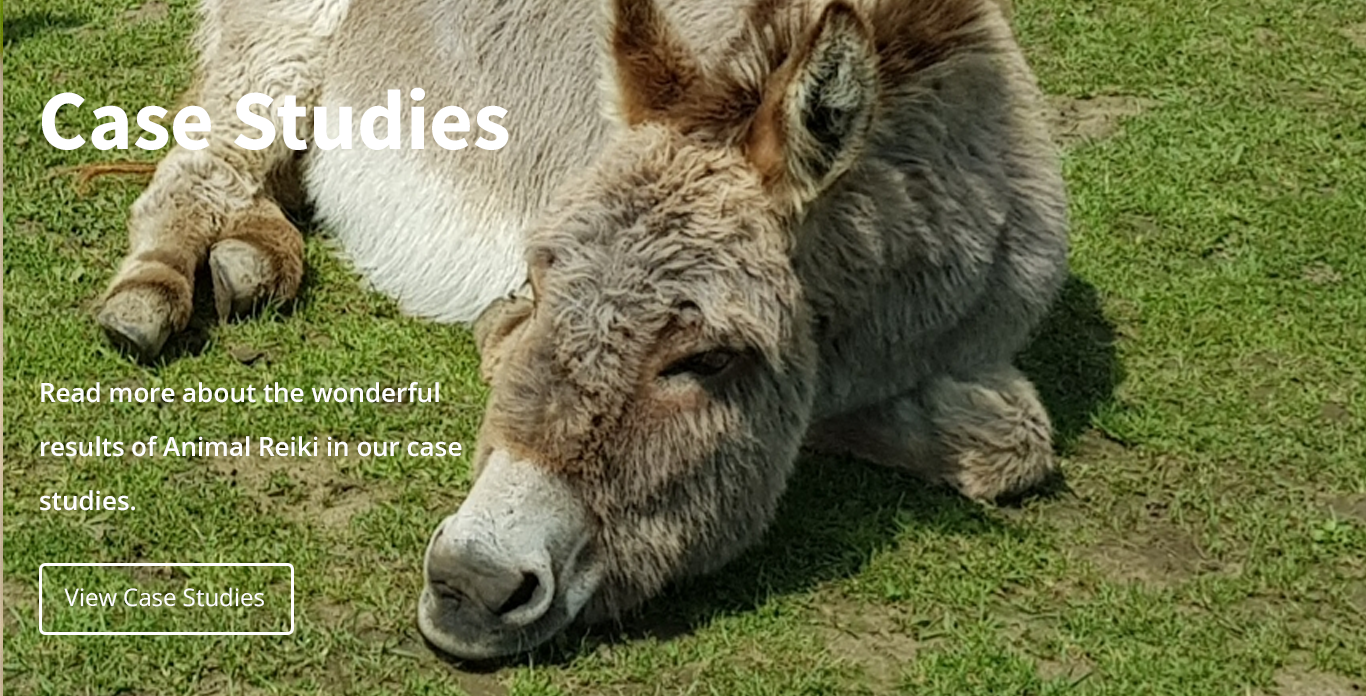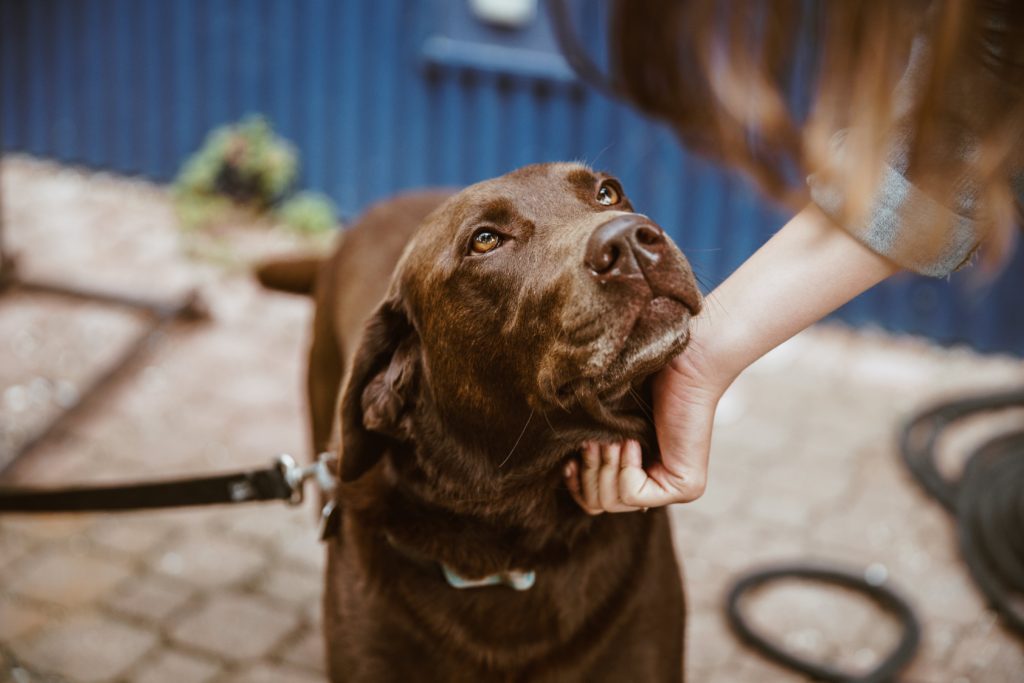Why Choose The Natural
& Holistic Complementary Way?
 They work on the whole body
They work on the whole body
Holistic therapies are based on ancient concepts of wholeness and balance, working on the mind, body and spirit, looking to address the root cause rather than just the symptoms and they may help from a physical, emotional or mental aspect.
 They allow you and your animal more active
involvement in their care
They allow you and your animal more active
involvement in their care
Given the opportunity, animals will often intuitively guide their treatments, asking for the remedies they want, offering their sore or damaged parts for healing or massage and showing their gratitude afterwards.
 The holistic perspective focuses on prevention,
maintenance & longevity
The holistic perspective focuses on prevention,
maintenance & longevity
As the word ‘complementary’ indicates, these therapies support conventional medicine/ veterinary care, offering benefits in natural ways. They are welcomed by most animals of all ages.
 Many Animals Clearly Enjoy The Therapy
Many Animals Clearly Enjoy The Therapy
Using natural and holistic complementary therapies allows us to offer therapies that are not only beneficial but also welcomed and enjoyed by animals. After one or more initial sessions, it is not uncommon for animals to prepare themselves for their therapy, getting comfy and cosy where they like to relax upon seeing the Practitioner.
 Human Use Is Growing Due To Positive Results
Human Use Is Growing Due To Positive Results
Given the increasing interest in, use of and support for natural and holistic complementary therapies amongst humans (backed by evidence of their benefits) we believe more animals should be offered them too. After all, if growing numbers of us are finding it a helpful way to look after our health it’s only natural for us to want similar treatments to be available to benefit our most loyal companions.
 Reiki In Particular Can Offer Relaxation To Help Reduce
Anxiety Distress
Reiki In Particular Can Offer Relaxation To Help Reduce
Anxiety Distress
Therapies such as Reiki may help animals who are nervous, frightened or anxious by promoting a sense of relaxation. In a calm, relaxed state they are likely to feel more at ease and more trusting, and be less reactive to environmental factors that are stressful.
The use of Animal Communication can be extremely valuable for distressed animals too. When we communicate with them, caringly explaining what is happening, it takes away some of the fear of the unknown.



